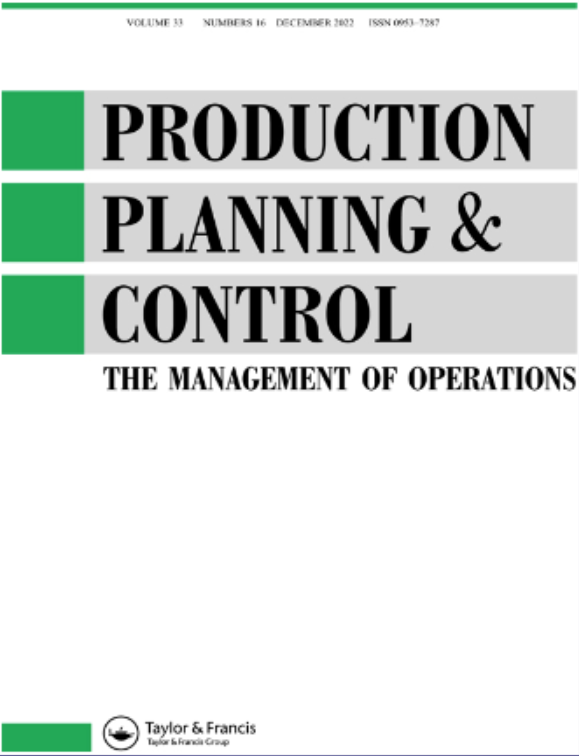ISO 9001 internal decertification motivations: exploring barriers and benefits of certification as withdrawal antecedents
IF 5.4
3区 管理学
Q1 ENGINEERING, INDUSTRIAL
引用次数: 16
Abstract
Abstract Thousands of companies worldwide lose their ISO 9001 certification every year. Considering the relevance that this decertification phenomenon has achieved, this study examines the internal motivations for decertification and explores the relationships between motivations and firm’s previous certification barriers and benefits. To achieve this purpose, the study develops a partial least squares structural equation model (PLS-SEM) from the literature and estimates the model based on data collected from a sample of 248 certified organisations. Results reveal that the main antecedents of internal decertification motivations are external factors, namely external decertification motivations and external certification barriers. External barriers do not disappear after certification and have a stronger influence on motivations than (lack of) certification benefits. Internal and external benefits have a small effect on motivations, and internal barriers have no significant effect. In addition, the relationship between external barriers and internal decertification motivations is mediated by external motivations. Similarly, the relation between external benefits and internal motivations is mediated by internal benefits. Currently, there are no other studies on the relationship between internal and external decertification motivations, nor studies identifying the antecedents of both motivations. Thus, the research findings constitute novel contributions to the literature and suggest relevant implications for practice.ISO 9001内部取消认证的动机:探索作为撤销前提的认证的障碍和好处
全球每年都有数千家公司失去ISO 9001认证。考虑到这种取消认证现象所取得的相关性,本研究考察了取消认证的内部动机,并探讨了动机与公司先前认证障碍和利益之间的关系。为了实现这一目的,本研究从文献中开发了一个偏最小二乘结构方程模型(PLS-SEM),并根据从248个认证组织样本中收集的数据对模型进行了估计。结果表明,内部退证动机的主要前因是外部因素,即外部退证动机和外部认证障碍。外部障碍在认证后不会消失,并且比(缺乏)认证好处对动机的影响更大。内部和外部利益对动机的影响较小,内部障碍对动机的影响不显著。此外,外部障碍与内部取消认证动机之间的关系是由外部动机介导的。同样,外部利益与内部动机之间的关系也以内部利益为中介。目前还没有其他关于内部动机和外部动机之间关系的研究,也没有研究确定这两种动机的前因。因此,研究结果构成了对文献的新颖贡献,并提出了相关的实践意义。
本文章由计算机程序翻译,如有差异,请以英文原文为准。
求助全文
约1分钟内获得全文
求助全文
来源期刊

Production Planning & Control
管理科学-工程:工业
CiteScore
19.30
自引率
9.60%
发文量
72
审稿时长
6-12 weeks
期刊介绍:
Production Planning & Control is an international journal that focuses on research papers concerning operations management across industries. It emphasizes research originating from industrial needs that can provide guidance to managers and future researchers. Papers accepted by "Production Planning & Control" should address emerging industrial needs, clearly outlining the nature of the industrial problem. Any suitable research methods may be employed, and each paper should justify the method used. Case studies illustrating international significance are encouraged. Authors are encouraged to relate their work to existing knowledge in the field, particularly regarding its implications for management practice and future research agendas.
 求助内容:
求助内容: 应助结果提醒方式:
应助结果提醒方式:


